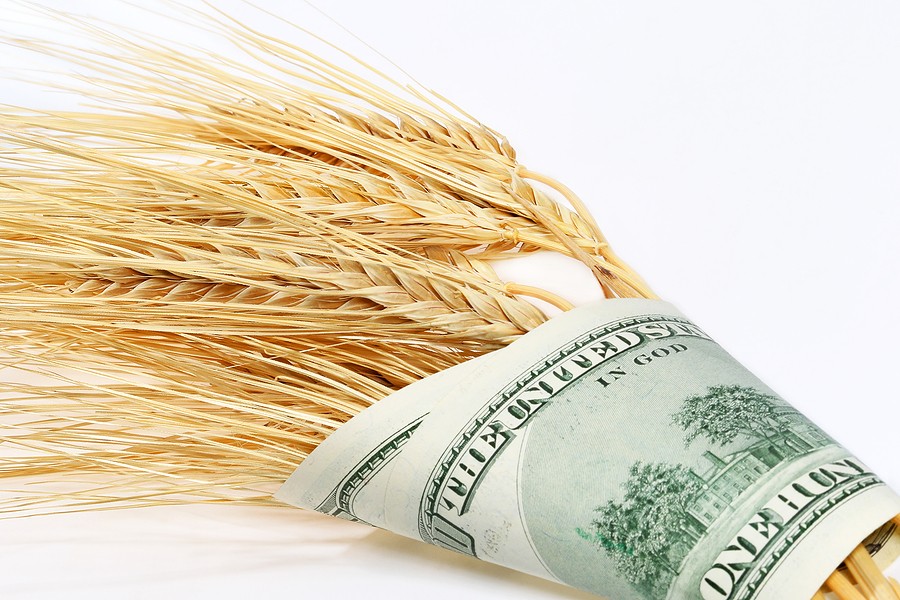The Trans-Pacific Partnership (TPP) has become a divisive issue in the nation’s capital, and criticism intensified after 161 food, farm, faith and rural organizations, including 9 from Massachusetts, sent a letter to Capitol Hill today, urging lawmakers to reject the trade pact.
“The main beneficiaries of the TPP are the companies that buy, process and ship raw agricultural commodities, not the farmers who face real risks from rising import competition. TPP imports will compete against U.S. farmers who are facing declining farm prices that are projected to stay low for years,” the organizations wrote. Massachusetts groups including the Carrot Project, Farm Aid, Franklin Community Co-op, Neighboring Food Co-op Association, New England Farmers Union, New Entry Sustainable Farming Project, Northeast Organic Farming Association—Massachusetts, Real Pickles Cooperative, Inc. and Valley Alliance of Worker Cooperatives signed the letter.
The White House has promoted the TPP as an export-boon for farmers to generate support for the agreement, but past trade agreements have not always delivered on export promises, the letter noted. For example, the United States’ total combined exports of corn, soybeans and wheat have remained steady at about 100 million metric tons for the last 30 years despite a raft of free trade agreements since the mid-1990s.
“Trade deals do not just add new export markets – the flow of trade goes both ways – and the U.S. has committed to allowing significantly greater market access to imports under the TPP,” the groups explained. Especially “alarming” to the organizations is the agreement’s complete lack of enforceable provisions against currency manipulation, a substantial cause of America’s debilitating $531 billion trade imbalance.
New England Farmers Union President Roger Noonan stated, “Unfortunately, the TPP is not just about market access for U.S. producers – we also give up market access to other countries. That access has resulted in falling prices in fruits and vegetables that undercuts family farmers and their livelihoods.”
Across the country and in New England, consumers are more interested in knowing where their food comes from and what it contains. Farmers and eaters have banded together to rebuild local food economies through farmers markets, community supported agriculture and neighborhood co-ops. The TPP investment and procurement rules can facilitate foreign ownership of farmland and food industries and the procurement rules could ultimately be used to unravel domestic and local farm purchasing programs.
“Food co-ops dedicate substantial purchasing power to buying from family farmers in our region because our shoppers care about where their food comes from,” said Erbin Crowell, Executive Director of the Neighboring Food Co-op Association, a federation of more than 30 food co-ops across New England. “They want their food dollars to both nourish their families and support healthy, just and sustainable food systems and strong local economies. We are concerned that the TPP will undermine these efforts, and the livelihoods of our farmer partners.”
The TPP also covers important agricultural policy areas such as labeling, food safety, animal health and crop disease. The stringent rules and dispute system under the TPP make it easier to successfully challenge and overturn domestic laws, as happened last year to country of origin meat labels.
“Farmers know that the Trans-Pacific Partnership will weaken environmental, health and food safety protections, and depress farm prices,” said Alicia Harvie Advocacy & Issues Director at Farm Aid. “For eaters, the recent repeal of Country of Origin Labeling (COOL) is an example of how corporate-written trade deals deny transparency and erode local food systems. The bottom line for farmers and eaters is that the TPP will strengthen the stranglehold of corporate agribusiness over our food system — here in Massachusetts, across the United States and abroad.”
The letter and complete list of signers can be read below:
